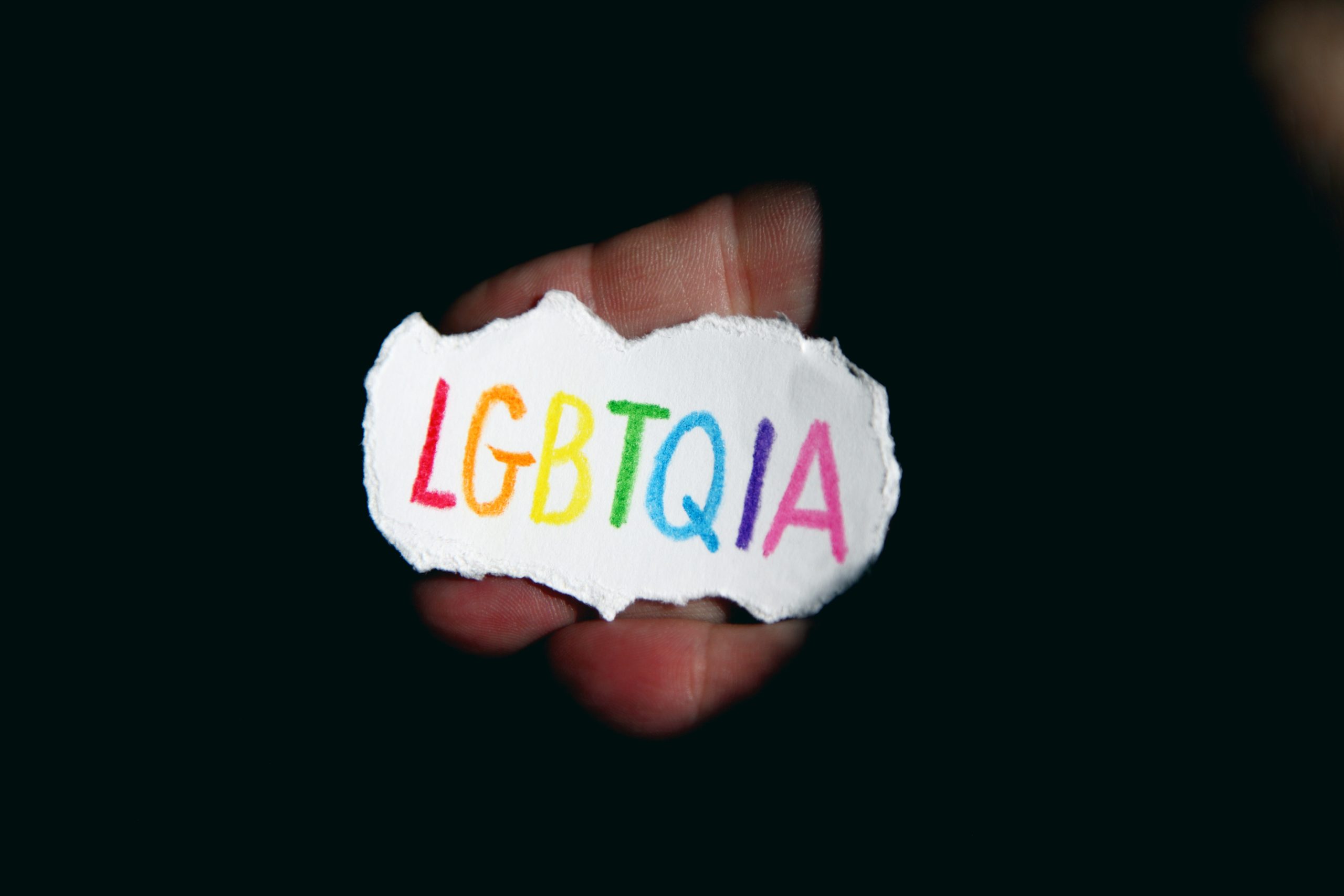The Challenges
The community at large is mostly represented through gay beauty pageants held in community events like barangay (town) fiestas and international pageants; an environment that Astudillo describes as largely tolerant but remains to be the ‘butt’ of jokes. It goes without saying that this only represents a very specific segment in a very diverse community.
Of those within the community experiencing further stigma is the group of people living with HIV, suffering from mistreatment by family, friends, colleagues, and employers. Most HIV infections in the Philippines occur among the LGBTQIA+ community, and the country has the fastest-growing HIV epidemic in the Asia-Pacific region.
According to LGBTQIA+ rights, advocacy groups, there has been an increase in hate crimes against the community, with Filipino transgender murders being the highest number of murders in Southeast Asia since 2008.
A 2017 study conducted in the Philippines concluded that external stigma led to self-stigmatization, which induced stress in the participants. The study found a correlation between this perceived stress over sexuality and suicidal ideation.
In the realm of politics, government officials and public figures remain divided on the issue, with prominent organisations offering contradictory rhetoric. For instance, the Catholic Bishops’ Conference of the Philippines ceded that legislation of same-sex marriage in the Philippines would mean ‘equality for all’, but then went on to state that ‘falling for the same sex is wrong’.
The Silver Lining
While the country has some ways to go, clear efforts have been made to progress the country from a state of ‘tolerance’ to a state of ‘acceptance’.
In the 2018 case Falcis III v. Civil Registrar-General, while the Supreme Court dismissed the case seeking to legalise same-sex marriage in the Philippines, it noted that the 1987 constitution, in ‘plain text’ imposes no restrictions on same-sex marriage. This may provide an opportunity for petitions seeking to legalise same-sex marriage. This may provide an opportunity for petitions seeking to legalise same-sex marriage and civil unions with more of a legal standing.
Following the 2016 Philippine elections, Geraldine Batista Roman, political and journalist, was elected as the Representative of the 1st District of Bataan, becoming the first openly transgender woman elected to the Philippine Congress.
The Philippines was ranked as number 10 amongst different countries across the world that are most accepting of homosexuality, according to Pew Research Center. Other than Australia, the Philippines is the only country in the Asia Pacific included in the top 10 list.
A study conducted in Southeast Asia about homonegativity asked whether lesbians or gay men are rejected as neighbours among Southeast Asians. It was found that Indonesia (66%) and Malaysia (59%) had the most homonegative attitudes: meanwhile, Thailand (40%), Singapore (32%), Vietnam (29%), and the Philippines (28%), were less rejecting.
Book a session with one of Mind You’s licensed psychologists today to get the support you may need.

Sandra Rodriguez
Marketing Communications Manager







